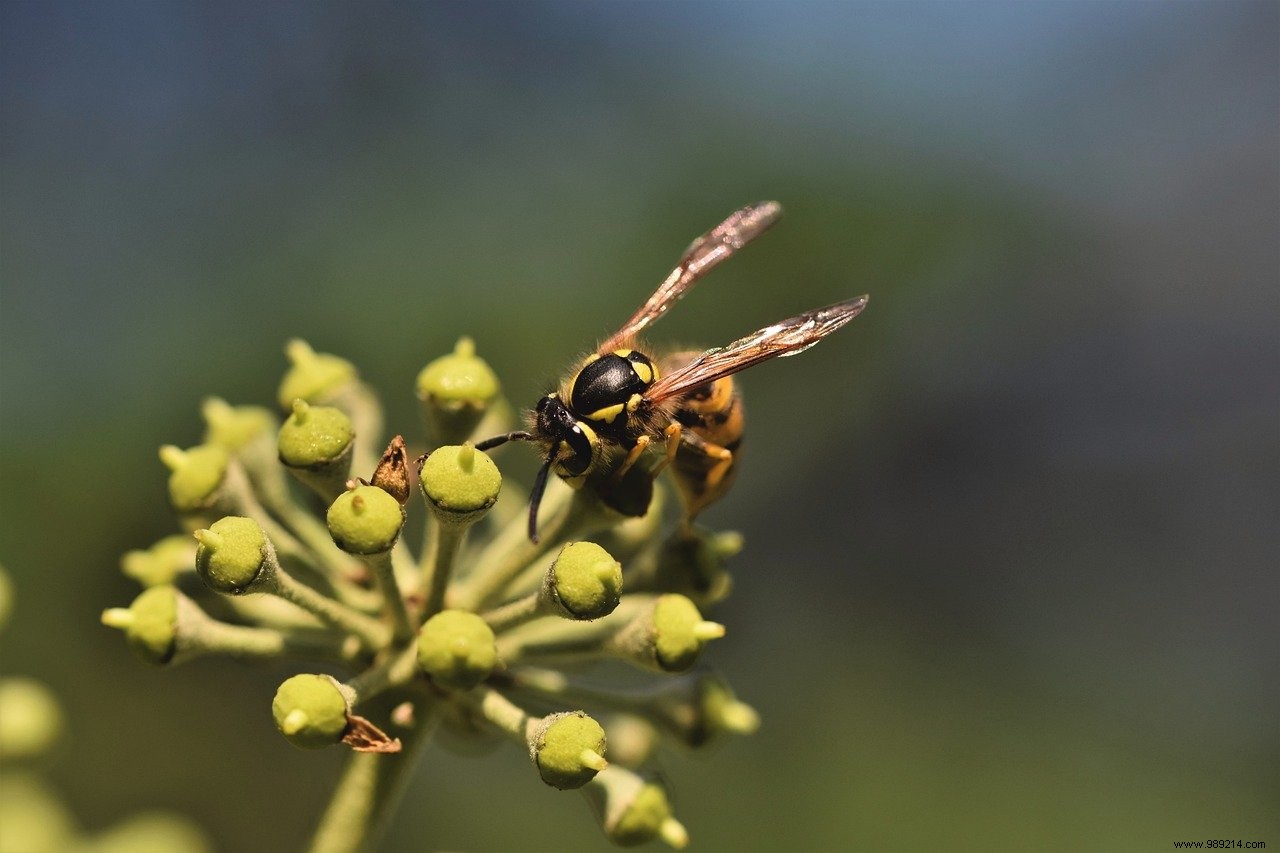Researchers at the University of Pennsylvania (USA) have designed powerful new antimicrobial molecules from toxic proteins found in wasp venom. Something to potentially fight against antibiotic resistance.
While bees are popular with the general public, wasps are not so lucky and are often associated with stings and pain. These "misunderstood" insects are ecologically very valuable. They are indeed natural pest controllers . In other words, wasps eliminate a large number of prey on our crops and plants. They are also important pollinators , able to maintain the niches left vacant by bees in decline.
That said, wasps could help us on a completely different level:that of antibiotic resistance.
Developed in the 1920s, antibiotics have saved many lives by fighting bacteriological diseases. However, we must also consider nature, which is constantly adapting. Thus, over time, and by dint of using this type of treatment, bacteria have evolved to develop resistance. As a result, the means of control are no longer effective. Recently, researchers have sounded the alarm, estimating that resistant bacteria could kill up to ten million people by 2050 if nothing is developed to eliminate them.
As more and more bacterial species become resistant to antibiotics, it becomes urgent to propose new approaches capable of preventing these infections . That's when the wasps come in.
In a study, published in Proceedings of the National Academy of Sciences, researchers at the University of Pennsylvania explain that they have isolated a highly toxic molecule in the venom of these insects which would possess significant antimicrobial properties .
"New antibiotics are urgently needed to treat the ever-increasing number of drug-resistant infections, and venoms are an untapped source of new potential drugs “, assure the researchers in a press release. “We believe that venom-derived molecules such as those we have designed in this study are going to be a valuable source of new drugs “.

The molecule, a small protein (or peptide) called mastoparan-L , is a key toxin in the venom of the Korean wasp (Vespula lewisii ). It is also a known antibacterial agent. However, in its natural form, this peptide is only moderately toxic to bacteria. At the same time, it also attacks red blood cells and sometimes causes violent allergic reactions in some patients.
Also, to be effective, this molecule had to be modified. As part of this work, the researchers then targeted a key region of the peptide responsible for its interaction with the immune system and its antimicrobial properties. Thanks to these manipulations, the researchers then increased its antibacterial power . They also managed to make it less toxic to human cells .
These researches obviously still need to be continued. Nevertheless, in the long term, this "modified" peptide could well be an additional weapon to fight against bacterial resistance. Details of this work are published in the Proceedings of the National Academy of Sciences.